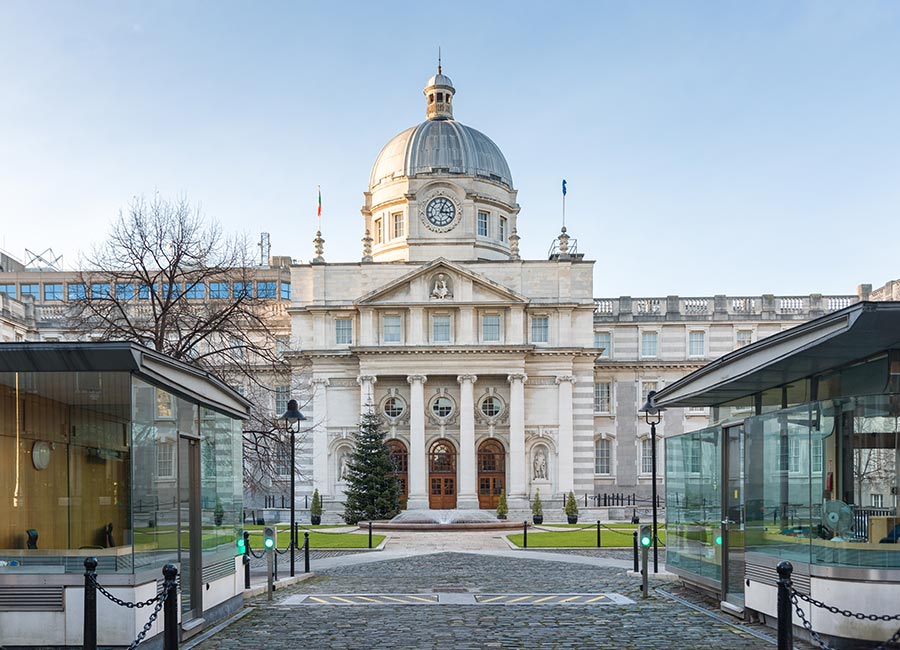Four in 10 Dublin businesses are not confident in government's ability to deliver on its commitment, Dublin Chamber has found in its Q1 2025 Business Outlook Survey.
The report is based on responses from 200 businesses based in the Dublin region shows that rising costs and shrinking margins are the most significant challenges for three-quarters (76%) of firms.
Similarly, when considering business priorities, managing costs tops the list for three in five firms (60%), and the cost pressures experienced by Dublin businesses are primarily rooted in labour costs (89%) and energy costs (62%).
While an overwhelming majority (96%) of companies believe that the Programme for Government will support business growth and success to varying degrees, confidence in the government's ability to deliver is more mixed.
Some 40% of respondents expressed reservations, including 31% who reported to be 'not confident' and 8% who said they were 'not confident at all'.
The removal of Dublin Airport's 32m annual passenger cap was the most widely supported part of the Programme for Government, along with the implementation of the Dublin Taksforce recommendations
Housing and infrastructure remain the leading priorities for 77% of Dublin businesses six months out from Budget 2026, with investment in infrastructure having risen to equal footing with housing over the past year.
Competitiveness has also gained traction, with a third of businesses selecting it as a key area of focus ahead of the annual budget process.
"Past experience has shown that many large-scale infrastructure projects in Ireland encounter delays, cost overruns, and bureaucratic hurdles, leading to scepticism about whether this Programme will be any different," the report states.
"A major area of concern is the sluggishness of the planning process. The planning system in Ireland has long been criticised for being slow, cumbersome, and subject to frequent legal challenges.
"There is hope that the new Planning and Development Act will tackle some of this but, businesses worry that despite the government’s commitments, large-scale projects such as airport expansion, housing developments, and transport upgrades will continue to face drawn-out delays due to planning objections, judicial reviews, and a lack of streamlined decision-making."
On skills and workforce development, Dublin businesses demonstrate a strong commitment to upskilling staff with almost four out of every five firms (79%) planning to increase upskilling efforts over the next two years.
Digital skills lead the way in terms of priority areas for upskilling, selected by two-thirds of firms (68%). Leadership and management also remain equally critical for almost two-thirds of firms (66%).

The EU’s recent Mercosur Trade Deal with Argentina, Brazil, Uruguay and Paraguay is also on the Dublin business agenda.
Among those firms with a view, 67% are supportive of the trade deal with a further 28% strongly in favour. Only 5% of firms are against the deal.
(Pic: Getty Images)











